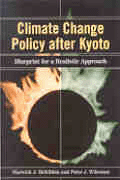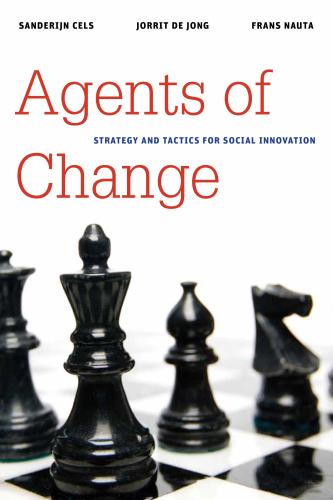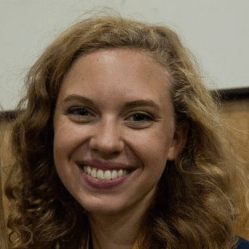Hutchins Roundup: Innovative immigrants, climate change expectations, and more
Studies in this week’s Hutchins Roundup find that immigrant entrepreneurs innovate more than natives, markets efficiently price in climate change, and more.
Want to receive the Hutchins Roundup as an email? Sign up here to get it in your inbox every Thursday.
Immigrant entrepreneurs innovate more than natives
Using data from a new Census Bureau annual survey of entrepreneurs, J. David Brown of the Census Bureau and academic coauthors find that immigrant-owned high-tech firms are more innovative than native-owned firms. This is true across multiple measures of innovation including producing intellectual property, creating new products and process, and spending on research and development. The authors show that differences in the levels of start-up capital, industries, and owner education can help explain some but not all of the innovation advantage at immigrant-owned firms. In addition, they find that while more highly educated owners generally have more innovative firms, the positive effect of education on innovation is larger for immigrant owners than for natives. They conclude that immigrant entrepreneurs may be a self-selecting group of highly innovative and talented workers who disproportionately contribute to productivity growth.
Businesses price in scientists’ climate warming predictions
What do businesses and investors believe about climate change when making economic decisions? Wolfram Schlenker and Charles A. Taylor of Columbia University use prices of weather-based futures contracts, which reflect market predictions of demand for heating, cooling and other weather-dependent services, to study whether firms plan for climate warming. They show that businesses have been accurately pricing in climate warming since the early 2000s, when the market for weather futures was formed. They find that market participants’ weather predictions closely match those of climate models based on longer-term climate trends, which have predicted steady warming over the last two decades. The authors conclude that when money is on the line, firms bet on the scientific consensus about climate change.
US financial conditions have little influence on financial flows in the rest of the world
The United States has the largest and most liquid financial system in the world, and the dollar is the most commonly used currency for storing value. Because of these features, economists often treat U.S. financial variables as proxies for global financial conditions. How valid is this assumption? Peter McQuade of the Central Bank of Ireland and Martin Schmitz of the European Central Bank find that U.S. GDP growth, the exchange value of the dollar and U.S. stock market volatility have significant effects on financial flows in and out of the U.S., but that they have almost no effect on flows between other countries. In contrast, financial flows outside of the U.S. are most closely related to measures of uncertainty about global economic policies. This implies that U.S. variables influence the global financial cycle only to the extent that flows in and out of the U.S. make up a large share of global flows. As emerging markets make up an increasingly large share of global financial flows, and the U.S. a smaller share, the use of U.S. variables as proxies for global conditions will become less valid.
Chart of the week: US emissions per head far exceed China’s

Quote of the week
“My own view is that balance sheet normalization process should probably come to an end later this year. We know that liquidity demand on the part of financial institutions is much higher than it was pre-crisis so we want to make sure that there’s an ample supply of reserves to guard against volatility. That’s a separate question from what the committee clarified in our last statement, which is the balance sheet will always be consistent with our dual mandate goals, with the policy rate being the active policy instrument, but we wouldn’t want those two instruments to be work at cross-purposes. […] My own view is that we want to have an ample supply of reserves. We’ve taken some soundings of the market in terms of what that demand for reserves, is. And I would want to have a substantial buffer on top of that to avoid volatility,” says Lael Brainard, governor of the Federal Reserve Board.
The Brookings Institution is committed to quality, independence, and impact.
We are supported by a diverse array of funders. In line with our values and policies, each Brookings publication represents the sole views of its author(s).










Commentary
Hutchins Roundup: Innovative immigrants, climate change expectations, and more
February 21, 2019